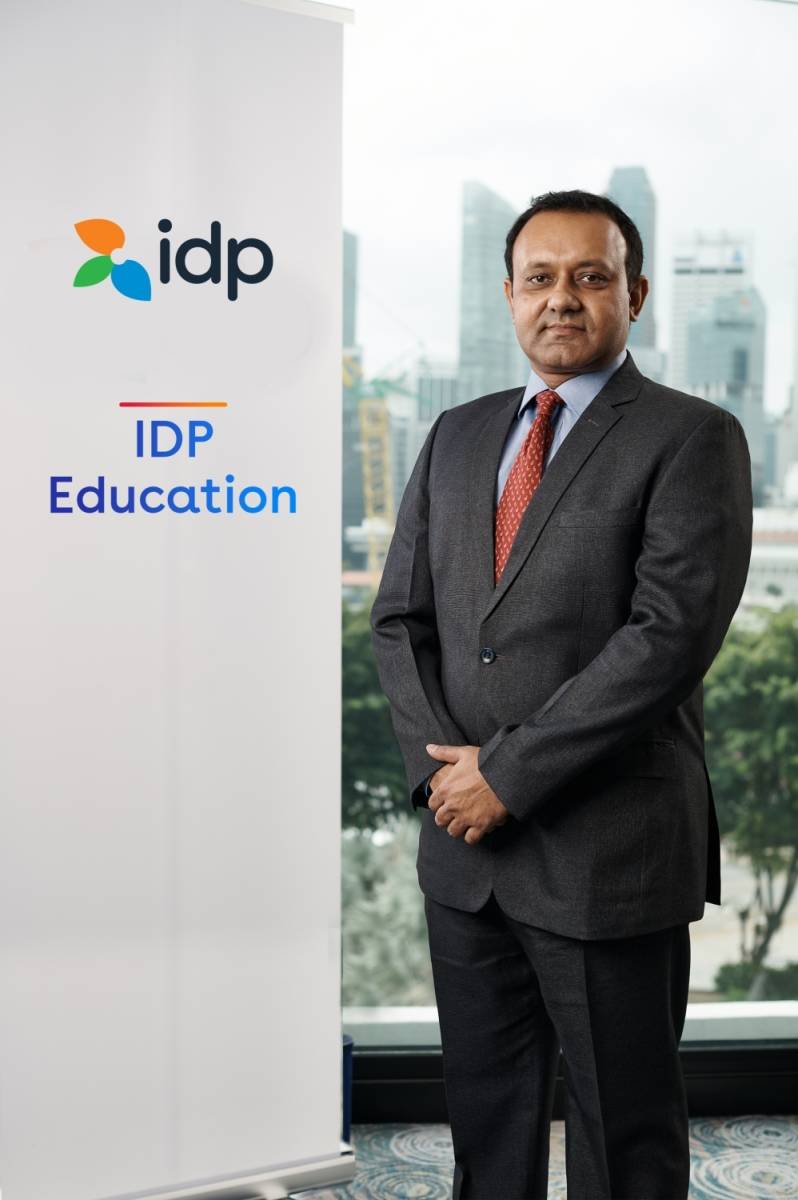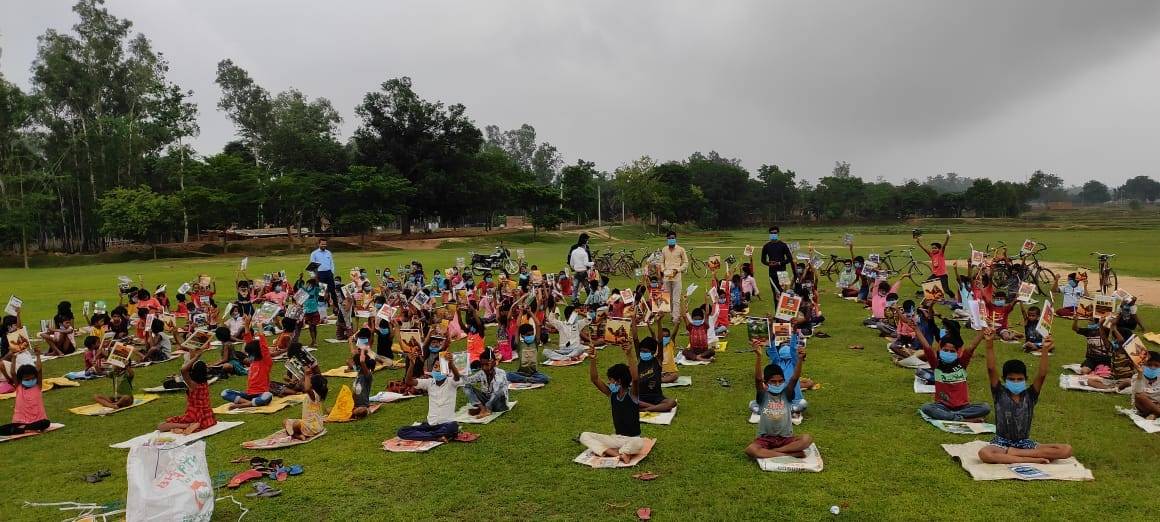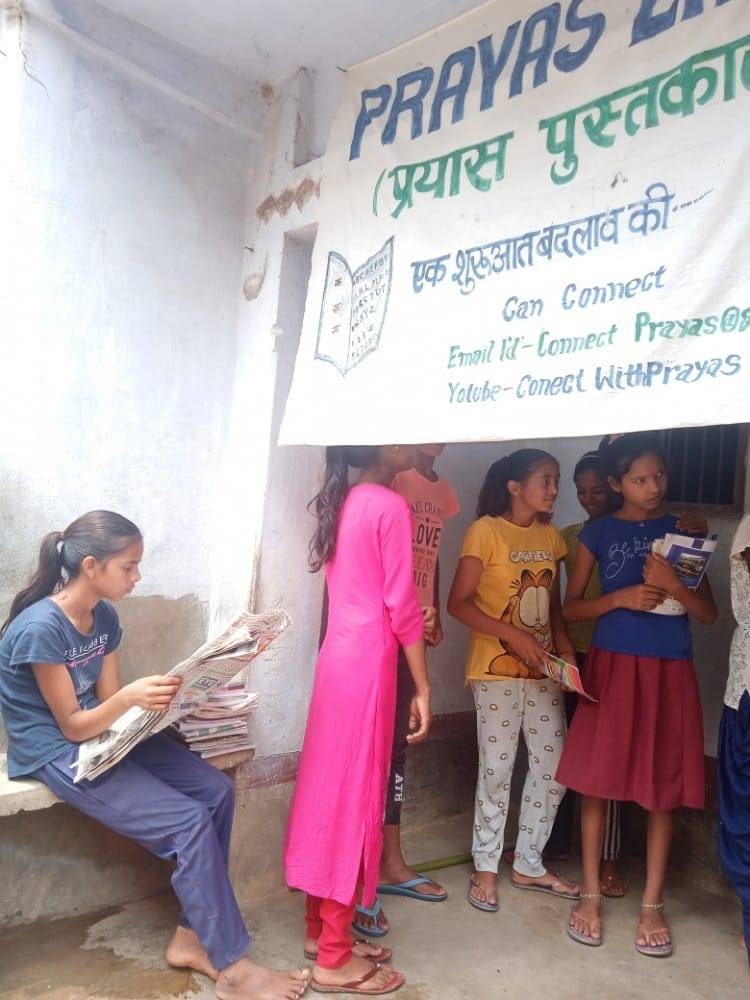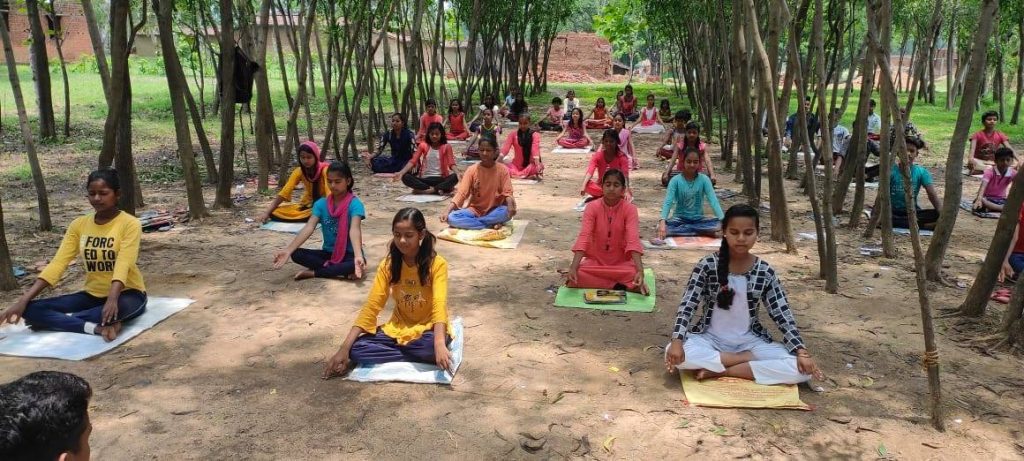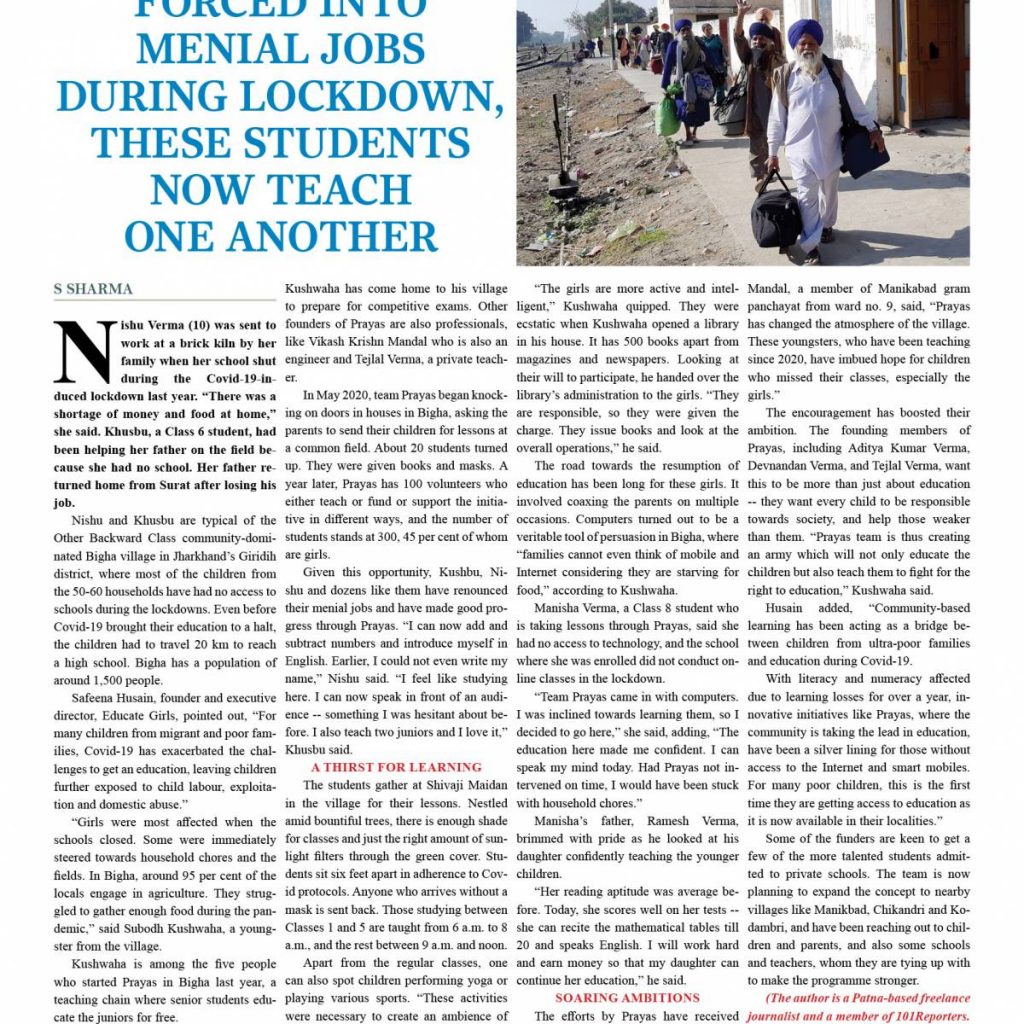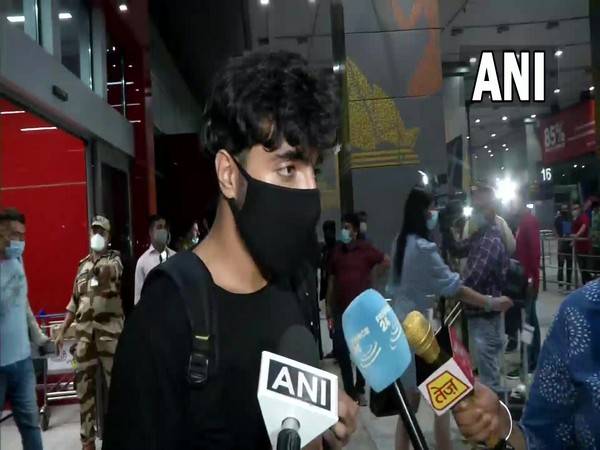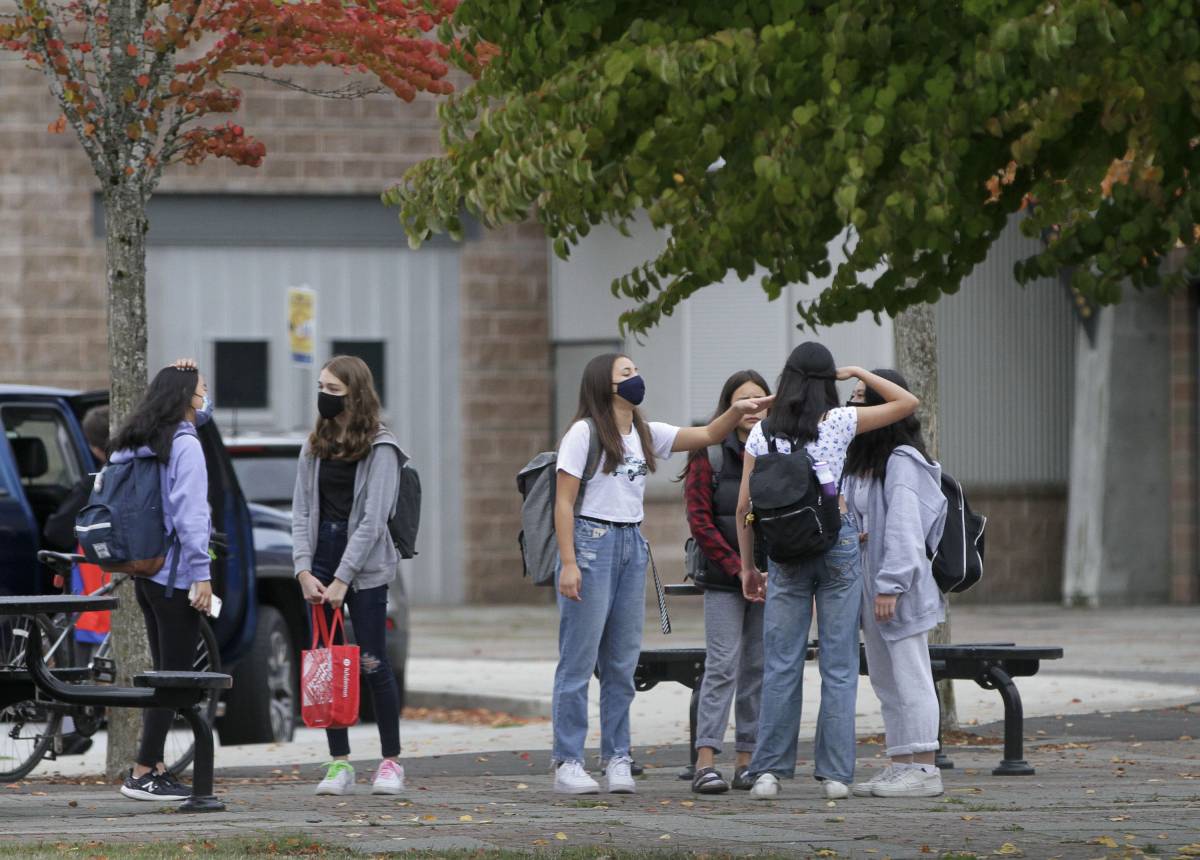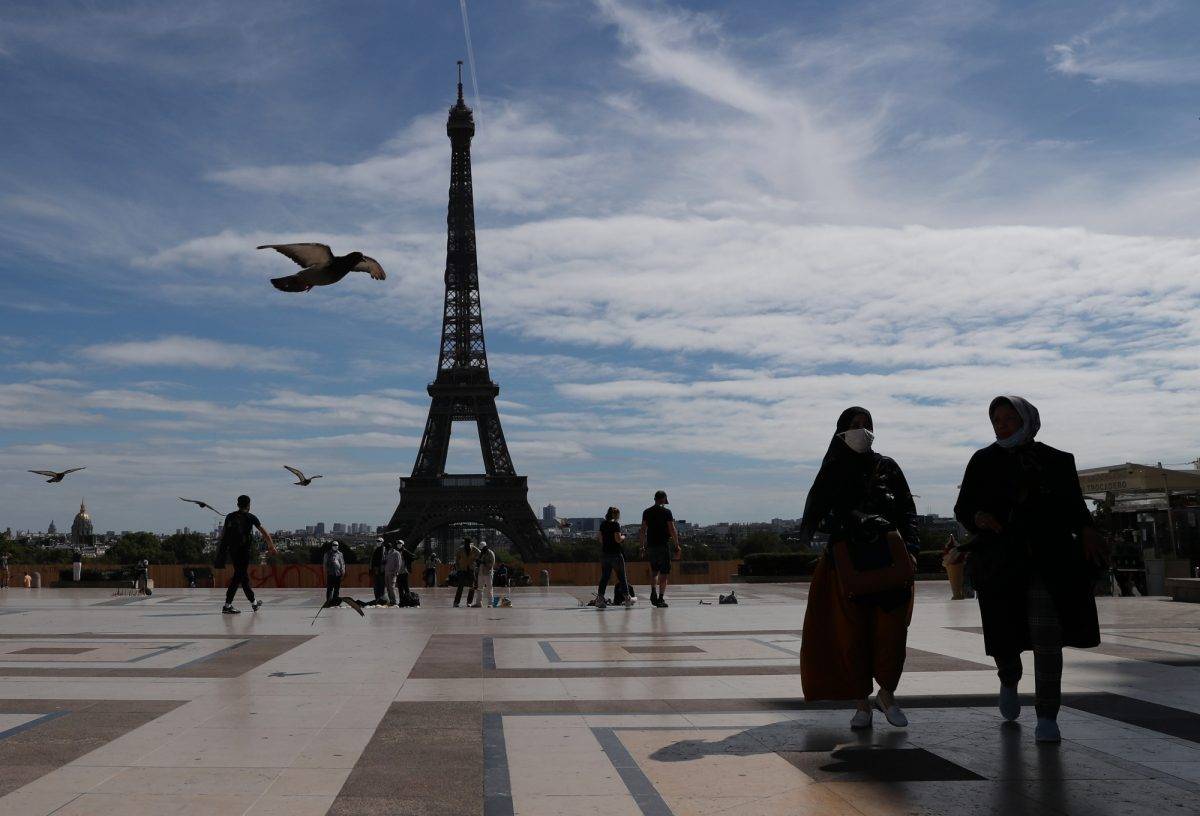Speaking on occasion, Mr Piyush Kumar, Regional Director (South Asia and Mauritius), IDP Education, said, “We are very excited about the opening of our 23 new offices across the country…reports Asian Lite News
Education being an integral part of society, there is a significant rise in demand for information concerning the best study destinations, institutions, and courses considering the needs of the current and future era.
Students are on the lookout for the best combination of relevant, affordable and accessible services to help them avail the best education options needed to carve a global career path for themselves.
Understanding the market’s unmet need, especially in the interior parts of the country, IDP, the leading organisation in global education services, launched 23 new offices across the country.
These offices will operate on an omnichannel model to provide end-to-end assistance to students aspiring to study abroad, extending both virtual and in-person services for their convenience. With the recent expansion, IDP has spread its reach to 60 cities with 67 offices in total, becoming the leading market player in the industry. The new network of offices will enable IDP to take its world-class counselling services to interiors of the country, especially assisting the students residing in tier-2 and tier-3 cities. These new offices are opening in Gandhinagar, Anand, Raipur, Shimla, Kurukshetra, Jammu, Trichy, Thrissur, Patna, Guwahati, Calicut, Agra, Jodhpur, Kanpur, Varanasi, Prayagraj, Meerut, Hubli, Warangal, Tirupati, Kakinada, Goa, and Nashik.
Over the last 12 months, IDP has received thousands of queries concerning studying abroad plans, out of which thirty thousand were from the tier 2 cities. Based on the cumulative data derived from the year-long research, IDP’s dedicated research team strategically selected these cities. The data collectively reflected a significant increase in queries coming from smaller cities and remote towns. Hence, considering the market gap and rising demand for education counselling services, IDP’s team finalised the above-mentioned cities, which are mainly the country’s state capitals or educational hubs. IDP strongly believes in nurturing talent and helping students reach their true potential. Hence it took the step of inward progression at the right time to help millions of students pursue higher education in some of the most coveted institutions in the world.
This geographical expansion will enable students to connect with IDP’s counsellors and experts directly and get all their queries and concerns answered regarding shortlisting their study destination, institution, understanding application procedures for different institutions, gaining admission offers and student-visa related concerns. IDP will also assist them with other onshore services, including accommodation, health insurance, opening bank accounts, etc. The idea behind this expansion was to provide a smooth transition for the students from their native place to their dream destination like Australia, the US, the UK, Canada, New Zealand, or Ireland.
Speaking on occasion, Mr Piyush Kumar, Regional Director (South Asia and Mauritius), IDP Education, said, “We are very excited about the opening of our 23 new offices across the country. Merely five years ago, IDP had about 18 offices in India, and today it has expanded its base to 60 cities with 67 offices. This inward expansion of our roots has filled us with pride and given us a greater target and responsibility to help students residing in tier 2 cities fulfil their dreams. The extension of its network now allows it further to take its services and expert guidance to every region, empowering the students residing in smaller cities with the right resources and information. IDP believes that these new offices will help it cater to the needs of the students in every nook n corner of the country.”
IDP could not have had better timing for the mass launch of its centres as these unpredictable times call for adopting a flexible approach and hybrid model on the part of the organisations. Its omnichannel offices facilitate students with different modes of services to stay in touch with their counsellor during their crucial decision-making process. These omnichannel offices provide that comfort to students where they can stay connected with their counsellors both via virtual and in-person means as per their convenience. IDP’s industry Knowledge helps it understand the limitations and challenges of these current times. Thus, it is leveraging the technology to its best in order to provide a world-class study abroad counselling experience from the comfort of a student’s home.
Despite the emerging challenges, for the year 2022, IDP aims to establish a robust and well-connected platform of educational counsellors and experts across the country whom students can easily access both online and offline. Given the 360-degree transformation in the worldwide education trend, learning is becoming a lifelong practice that is no longer limited to a certain age group. Hence, IDP’s goal is to keep up the standards of its services and be the most well-equipped service provider, enabling students/ career changers and mid-level professionals to achieve their dream of having a flourishing career backed by global education. In addition, IDP is also focusing on strengthening its digital infrastructure and the support system to serve students at their convenience. There are many exciting updates lined up for 2022. In 2021, IDP will also launch the IDP Live app, allowing students to review their prospects of getting admission to the institute of their choice from the comfort of their homes. IDP takes pride in providing world-class overseas education assistance to students in a customised manner.
Over the past 50 years, IDP has already helped half a million students gain admission to the institute of their choice. Its success record has made it the most sought-after organisation recommended by 9 out of 10 students. It still hopes and strives for a wider network to reach every aspiring student across the country, providing its expert assistance free of cost.
ALSO READ-India, UK businesses hope for win-win deal with launch of FTA talks

